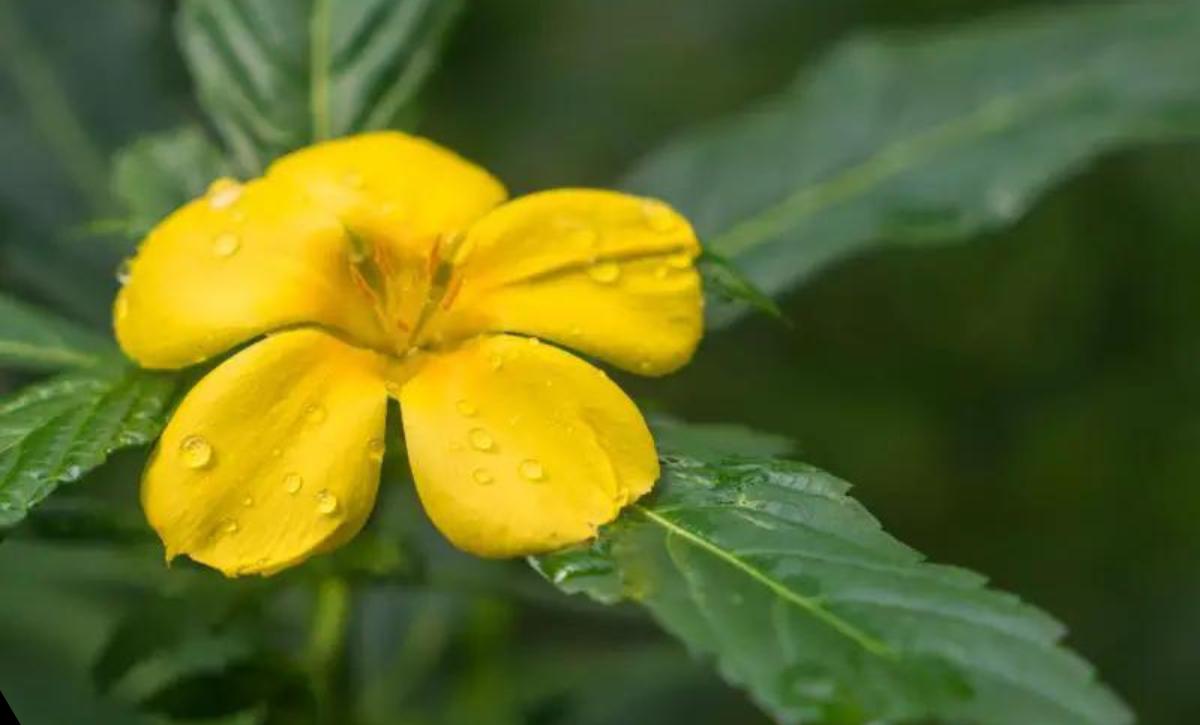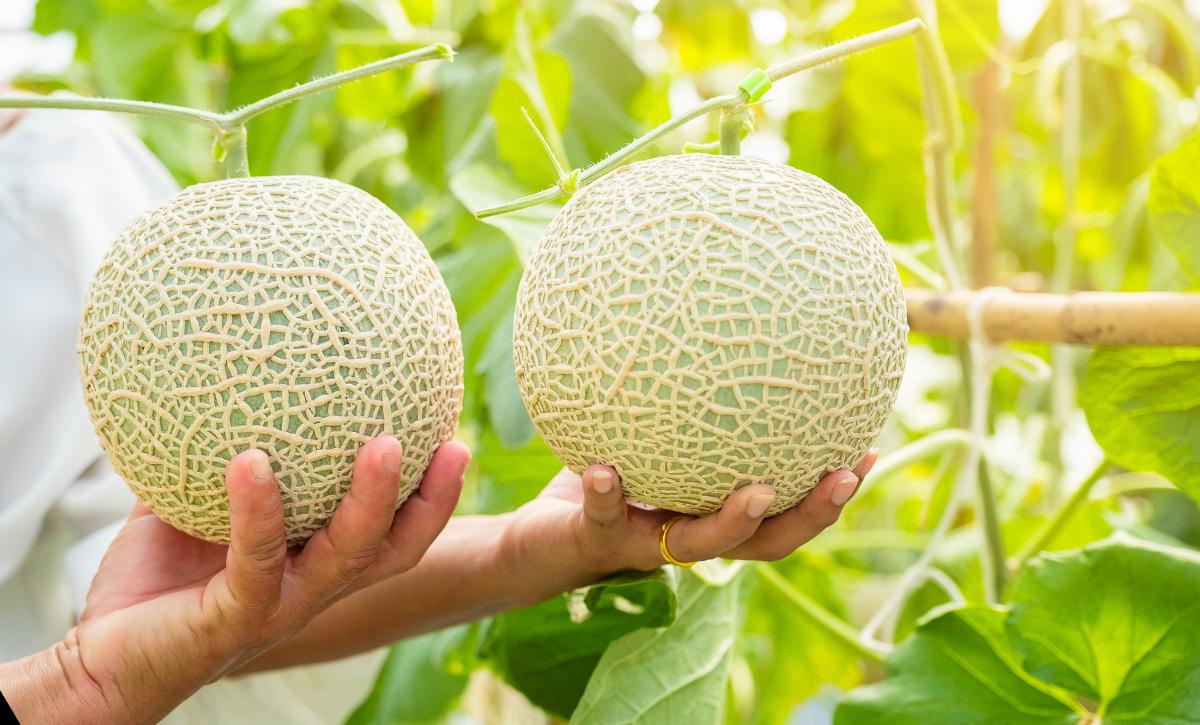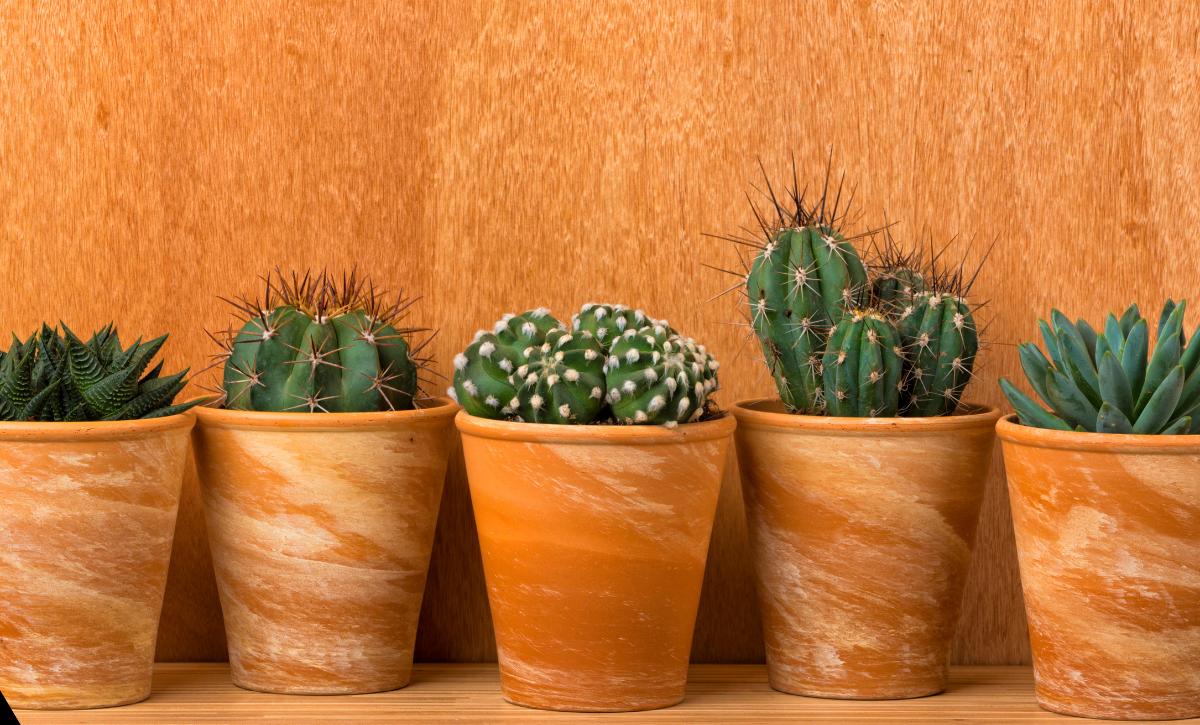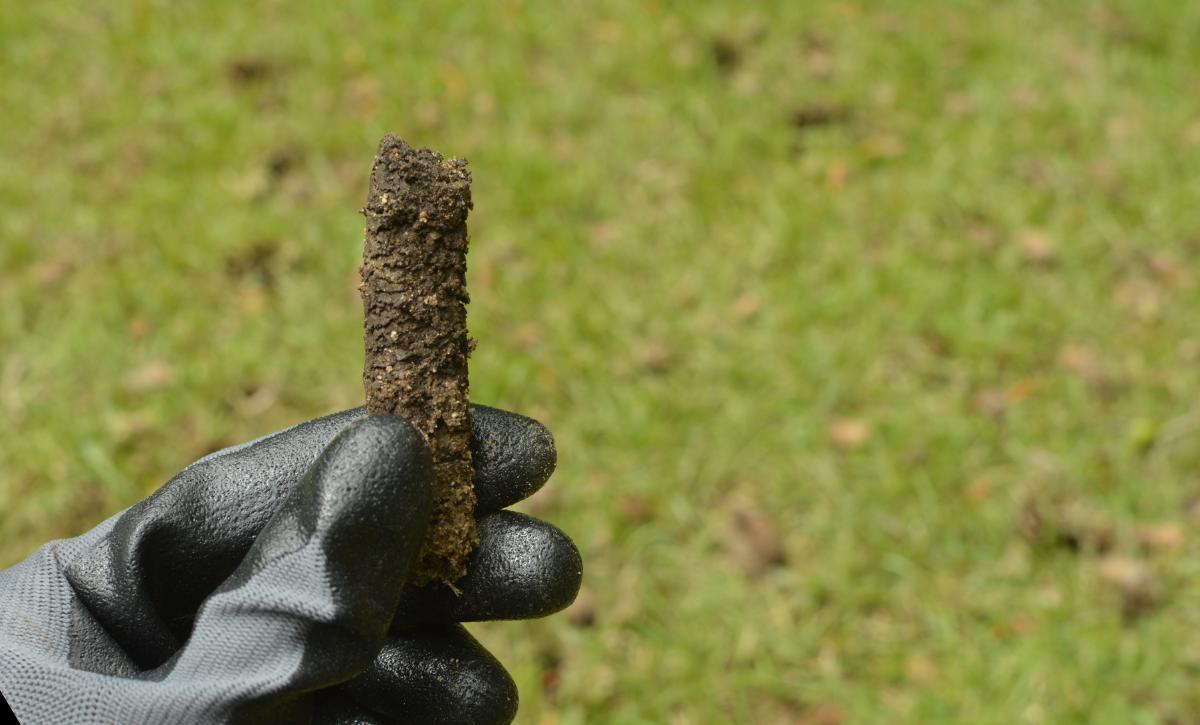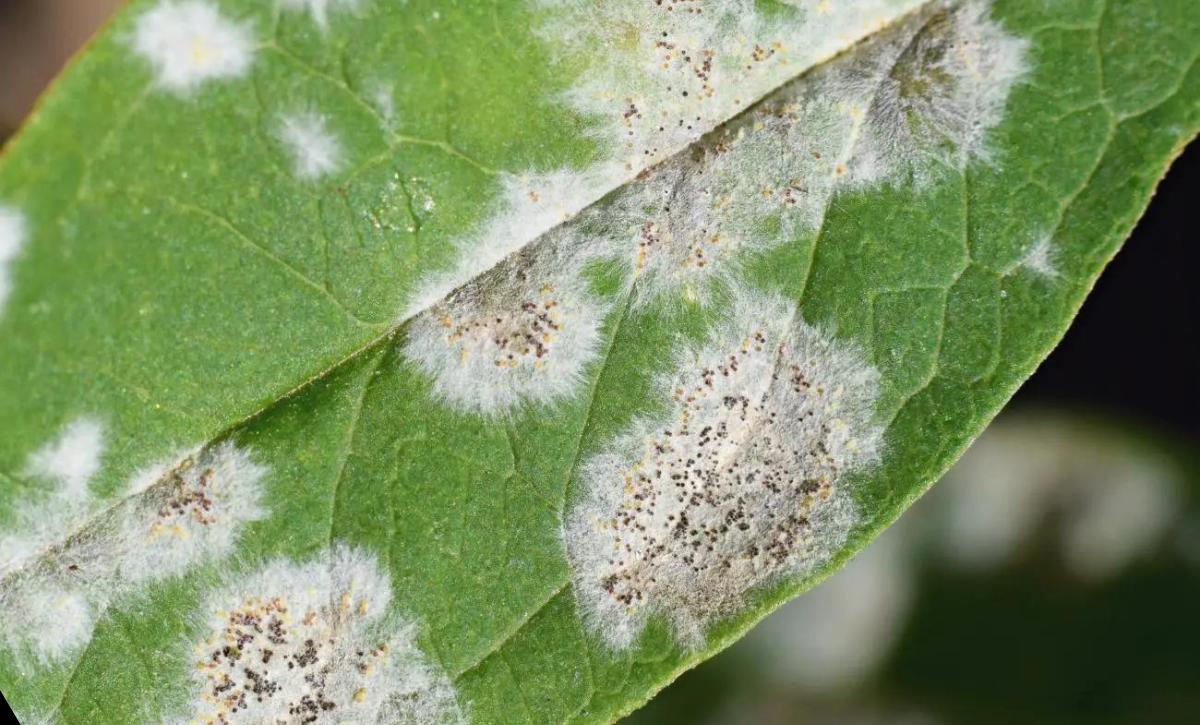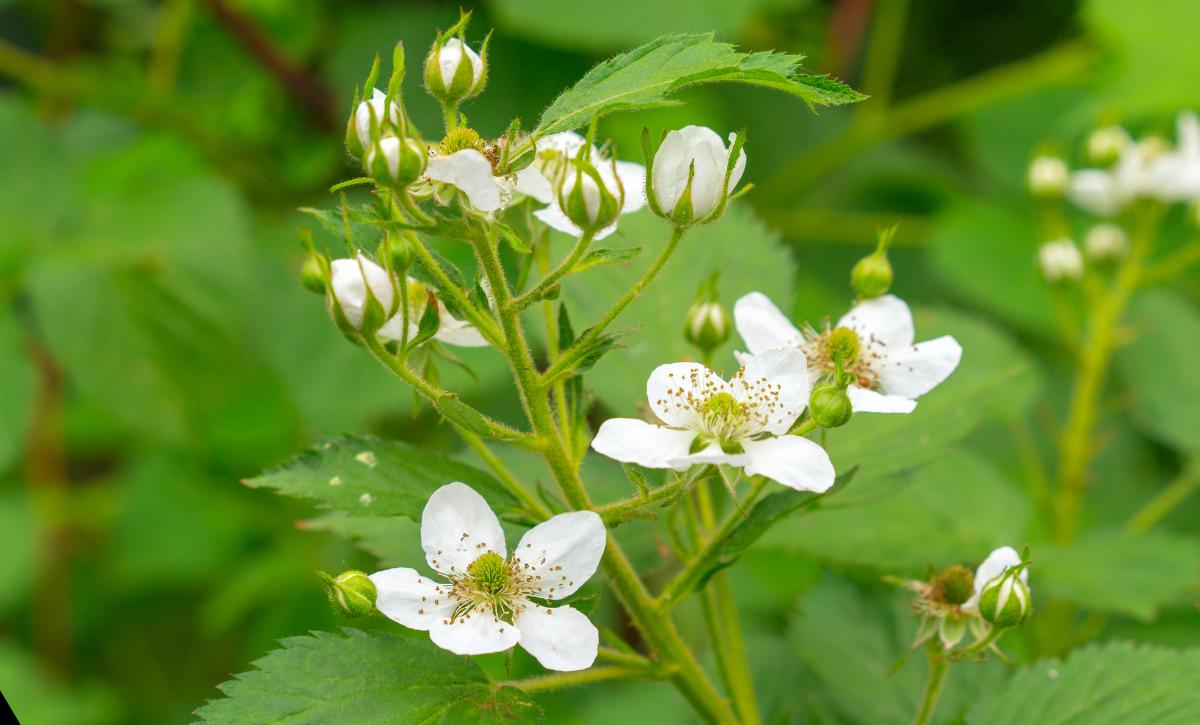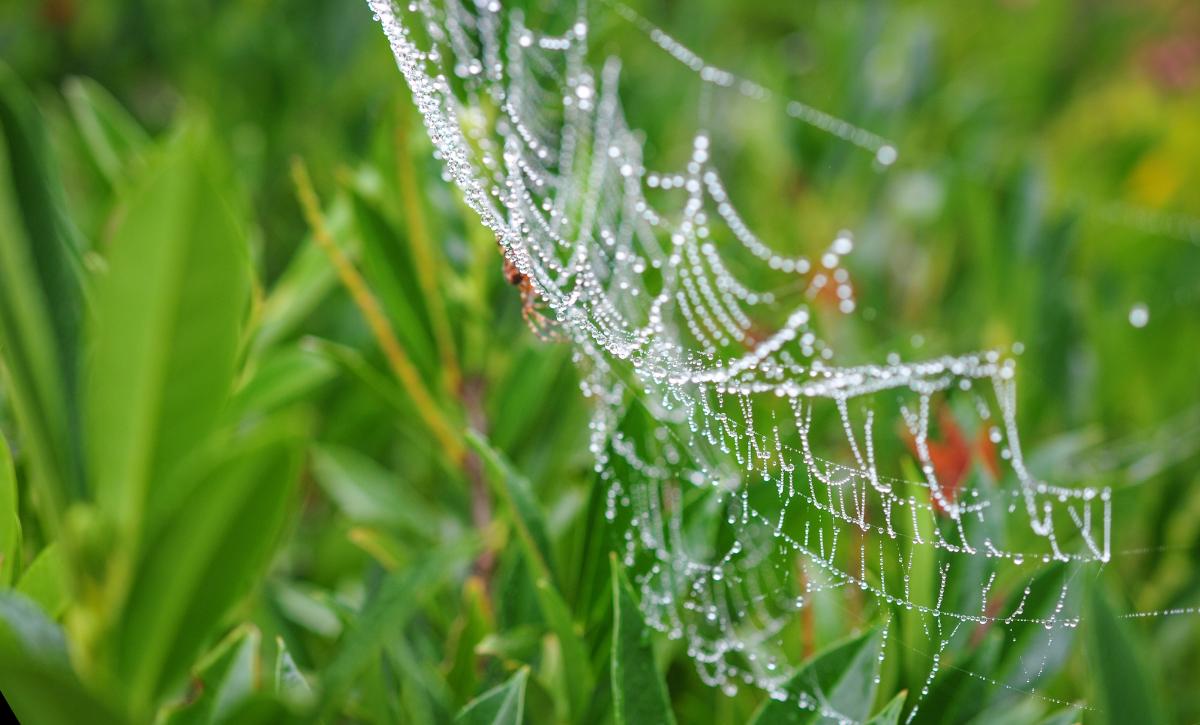Lemons are always a delight to have in your garden. You have access to fresh lemon juice and its benefits all the time, which is absolutely amazing! They can also be grown indoors.

You need to understand the life cycle of a lemon tree if you’re ever going to grow one. Lemon trees grow quicker than other trees and can bear fruit in only two years. This is an uncommon thing among fruit trees.
In this article, we’ll look at the seven growth stages of the lemon tree and how it copes with each stage. We aim to equip you with the knowledge to identify which development stage your tree is precisely at.
Let’s get into the details!
Growth Stages Of Lemon Tree
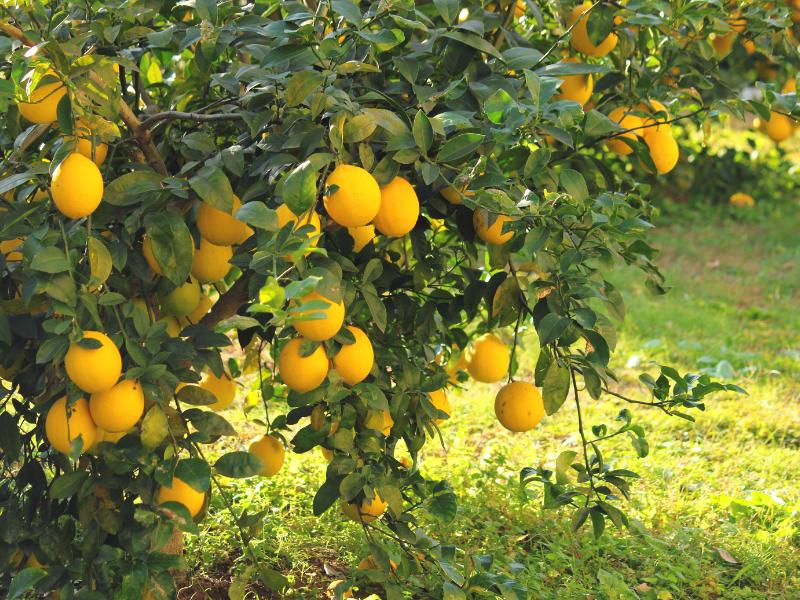
Every plant is borne from a seed. Seeds undergo germination, and a seedling is developed. This seedling continues to grow and develop, but needs have to be met first!
Your baby lemon will have no problem growing into a mature plant and starting fruit production when optimal conditions are met.
Lemon trees grow in USDA hardiness zones 9-11. If you live in a place with a warm climate, you can adorn your garden with lemon trees all year round!
A lemon tree requires a warm climate, frequent watering, and well-draining soil. Incorporate lemon tree fertilizers as your plant grows to speed up growth and development.
Here are the growth stages of a lemon tree!
1. Germination
Lemon seeds are small, smooth, and characterized by a creamy white color. In optimal conditions, germination takes place from 5-7 days. At this stage, your little lemon tree develops small leaves and roots.
2. Seedling Stage
If your seeds germinate, you’ll start seeing small green leaves coming out of the soil. These small leaves will continue growing and produce new leaves. Within no time, your seedling will have established leaves and stems.
At this stage, your plant is very frail. Ensure they receive enough water during the hot summer days. Transplantation usually occurs after three months. Place your lemon tree in a sunny location since they need a lot of sunlight.
3. Youth Stage
After some time, your seedling will develop into saplings. At this stage, you should protect them from cold weather. As they continue to grow, they develop stronger trunks, thicker leaves, and thorny branches.
Your lemon tree still needs a lot of care, even at this stage. Ensure you provide it with enough water, nutrients, and sunlight. However, be careful not to overwater your lemon tree as it could lead to root rot and, eventually, death of your plant.
Lemon trees are not frost-hardy but more tolerant to cold weather than other plants.
4. Flowering and Fruiting
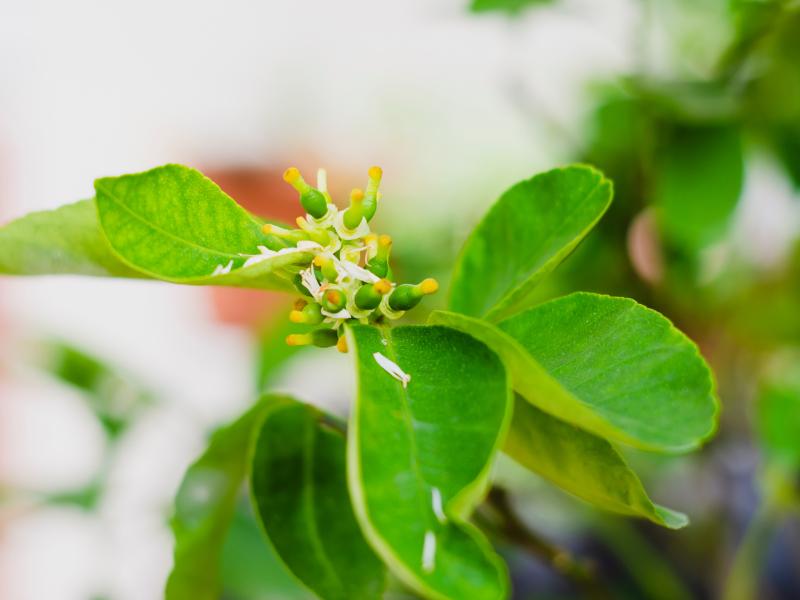
Expect your lemon tree to start bud formation in the winter after two years of growing. Flowers will start coming out of these buds once the temperature rises in early spring.
By early summer, your lemon tree will have plenty of small little white flowers that look stunning!
The lemon tree doesn’t require any assistance with pollination from external sources since it’s a self-pollinating tree. Eventually, these adorable flowers will turn into lemon fruits!
To get those juicy lemon fruits, you need to provide your tree with plenty of water. Ensure the container you’re growing your lemon tree has drainage holes to remove excess water.
5. Ripening
It takes around four months before lemons reach maturity. You should feed your tree with fertilizers often and keep it hydrated. Look out for pests that can harm your tree and hamper fruit production. One of the most dangerous pests is aphids!
If your tree gets infected, apply pesticides or prune off affected branches or leaves.
Once lemons are mature, they are ready to be harvested. Mature lemons have yellow and smooth skin and are oblong and large. The type of lemon tree and growing conditions will determine the size of the lemons. Meyer and Eureka lemon trees are known to produce the best lemons!
If the fruit has thick skin or is unusually large, it likely originated from a type of grapefruit or a tree rootstock.
6. Harvesting
Don’t harvest green lemons since they are still unripe. Harvesting them when green halts their growth and development, and you won’t have those juicy yellow lemons.
Once the lemons turn yellow, that means they are ripe, and you can harvest them!
7. Drying
Lemon fruits turn brown and dry off when you fail to harvest them. They then fall off the tree eventually.
Lemon trees produce fruits until they reach old age. You should save seeds from the fruits if you plan on growing more lemon trees.
Frequently Asked Questions
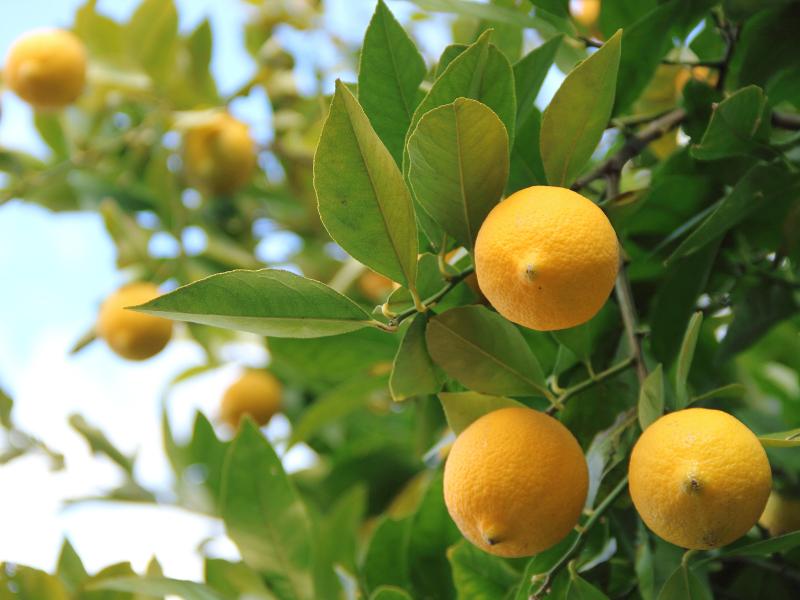
1. How long does it take for a lemon tree to grow?
Lemon trees take about 2-5 years to grow. In optimal conditions, the tree begins fruit production only two years after planting.
2. Which environment is favorable for lemon trees?
Lemon trees thrive in warm climates. They need plenty of nutrients and sunlight to boost growth and fruit production and a lot of water for the soil to remain moist.
3. What is the difference between mature and immature lemons?
Mature lemons have smooth, yellow skin and are large and oblong. On the other hand, immature lemons are small and have green skin. They also don’t possess a citrusy fragrance.
Final Remarks
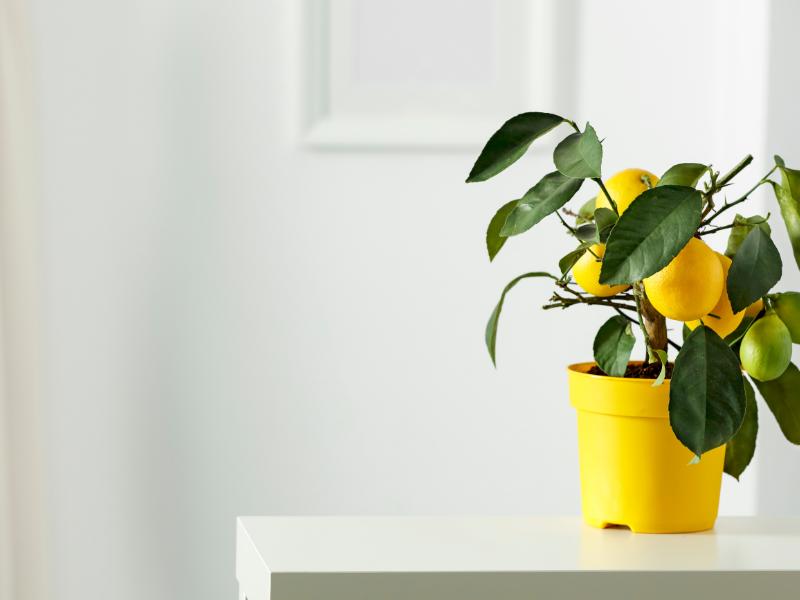
The growth stages of lemons are really simple. Seeds germinate and grow into seedlings, which mature and start producing flowers. These flowers eventually turn into juicy lemons!
Lemons have a lot of benefits, and a glass of lemonade will be a great boost to your health. Their peels can also be used to improve soil’s acidity!
I hope you learned a lot from this article.
Have a wonderful day!

